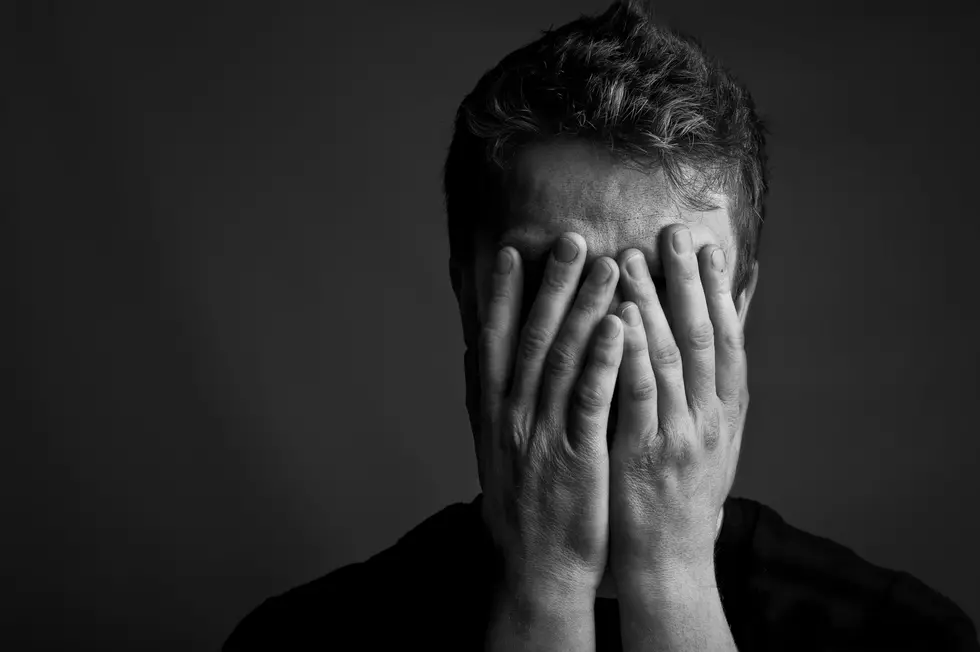![Paige Aiello’s Death Spurs Mental Health Discussion [POLL/AUDIO]](http://townsquare.media/site/385/files/2013/04/paige-aiello-parents1.jpg?w=980&q=75)
Paige Aiello’s Death Spurs Mental Health Discussion [POLL/AUDIO]
Drowning by suicide was the cause of death for Paige Aiello, the College of New Jersey student whose body was found under the George Washington Bridge about one month after she disappeared.
Accounts from her family showed Aiello was depressed in the weeks before her disappearance. She reportedly had "put a lot of pressure on herself" as graduation approached, and she was staying at home instead of in her on-campus apartment.
The pressures of college are certainly felt by the vast majority of students, but the case of 22-year-old Aiello offers a glimpse at the stigma surrounding depression and other mental issues affecting today's youth.
According to Tricia Baker, co-founder of Plainsboro-based Attitudes in Reverse, suicide and mental health are two topics that go hand-in-hand.
"Somebody with a healthy brain sees hope in tomorrow," Baker said. "People who are struggling with severe depression or other mental illnesses just can't see that hope, the light at the end of the tunnel."
"I think another major problem is some people don't know where to go for help," added Shauna Moses with the New Jersey Association of Mental Health and Addiction Agencies.
Earlier this month, New Jersey launched its first-ever suicide hotline call center. By dialing NJ HOPELINE, callers can be connected to a live, in-state counselor, 24 hours a day, seven days a week.
Almost every college campus has counseling services available, said Baker, who lost her son Kenneth to suicide in 2009. However, many students aren't willing to admit they need help.
"That's what we need to change," she said. "It's that lack of seeking treatment that can ultimately lead to suicide for some people."
Baker compared mental illness to air - just because you can't see it doesn't mean it's not there. Still, students and teachers on campuses everywhere are urged to look for warning signs.
The obvious signal is a sudden change in behavior, including a sudden spike in sleeping and different eating habits.
More From New Jersey 101.5 FM









